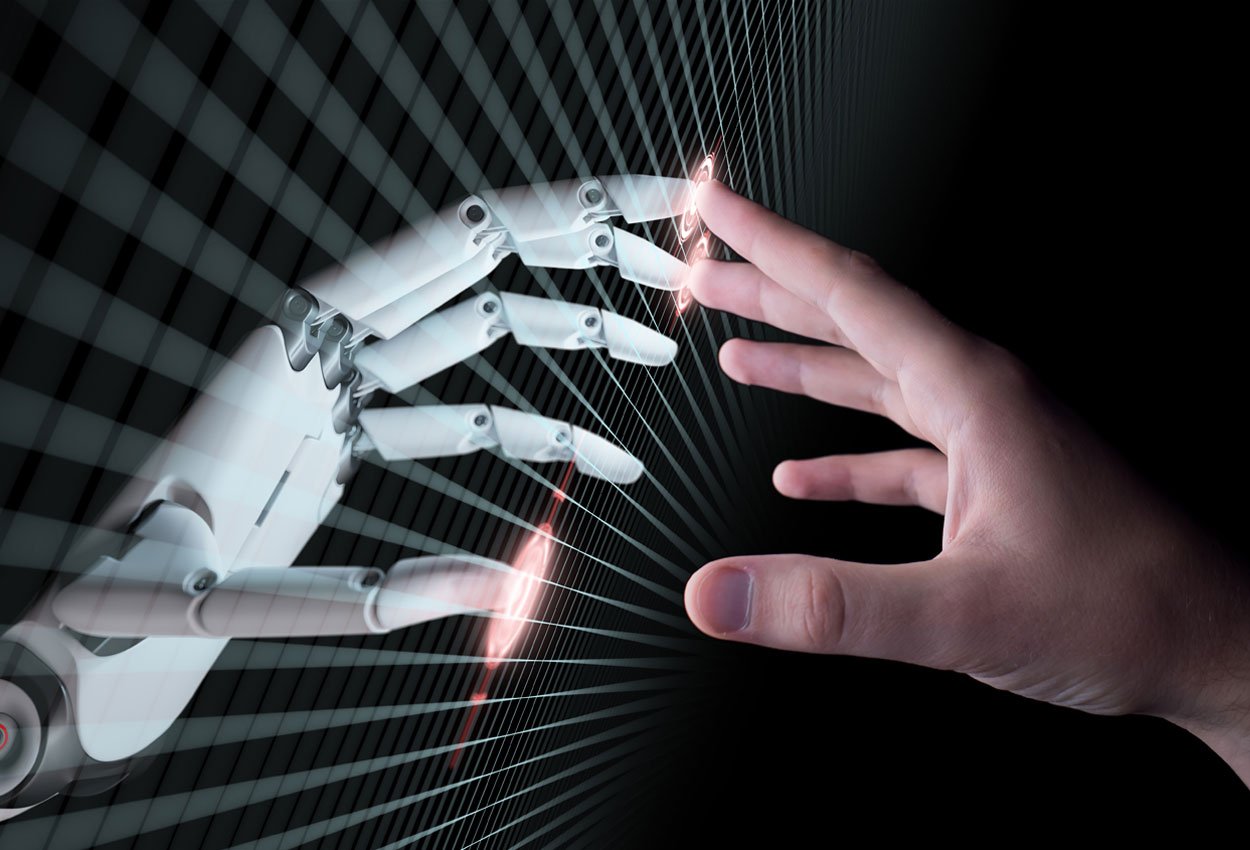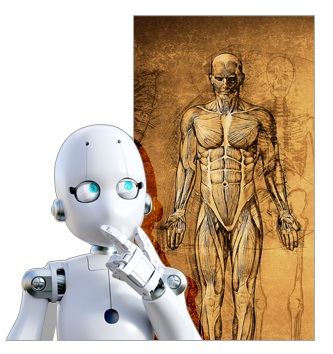
News about artificial intelligence (AI) is filling everyone’s inbox. It seems like every university and medical college is investing money into research on algorithms and data mining to develop the next leap in AI for treating cancer.
Depending on who you ask, we are only a few steps away from doctors being replaced by robots. In fact, venture capitalist and Sun Microsystems co-founder Vinod Khosla believes that doctors will soon be replaced by AI.
But don’t worry. Here are three reasons we believe that won’t be happening.
Patient Care
Even a well-designed machine is still a machine. Patients are not likely to trust their life changing procedures and/or the efficacy of their treatment to a well-honed algorithm.
It’s important to them to have an established relationship with their physician and a bond of trust. No matter how you look at it, AI cannot mimic empathy…yet.
Over the past 10 years, medical professionals have been working on patient perception of a lack of empathy during treatment.
Today’s healthcare environment stresses patient-centered care and hospitals make it a point to train their medical staff to improve the patient experience through demonstrated empathy - not just because they are graded on it, but more so because it helps drive compliance from patients.
Empathy is also a driver for patient satisfaction. Replacing doctors with robots will set healthcare back several steps concerning the patient experience.
Treating the Individual
Artificial intelligence has come a long way, but it is far from reading the patient’s unique anatomy.
But there is an advantage of AI when it comes to treatment planning.
In an interview with ITN at 2018’s annual meeting for American Association of Physicists in Medicine (AAPM), Dr. Jiang explained how AI is great for identifying the similarities (commonalities) among patients and how this can potentially reduce the workload for the oncology staff by creating recommended treatment plans for new patients.
Jiang indicates that there are two factors to consider regarding data and treatment planning: commonalities (or similarities) of the group and characteristics of the individual. “[Our patients] share a lot of similarities. Why would we want to start from scratch if we’ve seen these kinds of patients before?”
“AI can retrieve [the similarities] and pull the patient’s anatomy and the optimal treatment plan.”
Mapping the similarities is just the beginning for finding the most optimal treatment. The physician always considers the patient’s unique anatomy.
“Every patient anatomy is different. Treatment will need [the physician’s] signoff but it can help decrease the workload for the entire treatment planning staff.”
Doctors Have the Last Word
Perhaps no one is more concerned with this point than Memorial Sloan Kettering Cancer Center.
The cancer center had been working closely with IBM’s Watson to test its treatment advice. After more than a year of trialing and working with IBM’s supercomputer, doctors from Memorial Sloan Kettering admitted that they preferred their own treatment planning.
"Patient safety is paramount," the cancer center's spokesperson said. "While Watson for Oncology provides safe treatment options, treatment decisions ultimately require the involvement and clinical judgement of the treating physician… no technology can replace a doctor and his or her knowledge about their individual patient. To that point, the tool is not equivalent to the cancer care delivered at MSK."
So, it seems that as a society we are not comfortable with robots making life-changing decisions for us, but we are more than happy to utilize them to reduce our workload.
Regardless of how many privacy policies we “agree” to, patients still want a well-educated trained human who can empathize with them and make decisions with them.
Related articles:

Jonathan McCullough
Product Manager
